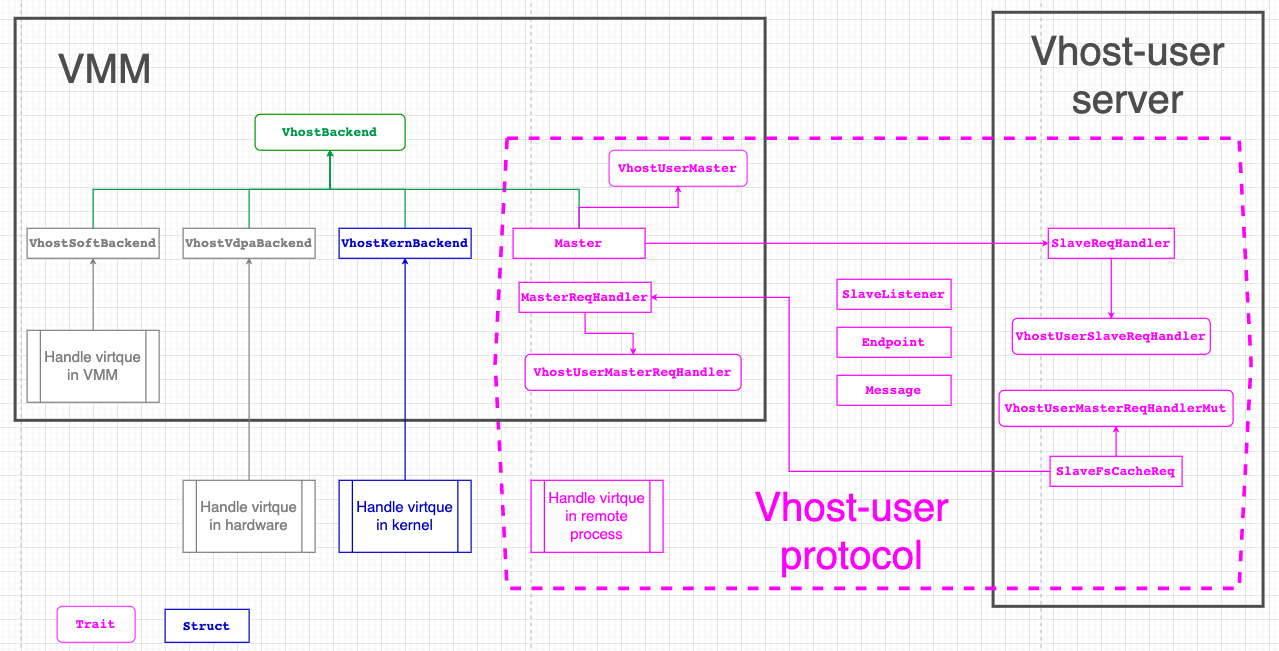`sys_util::recv_iovecs_with_fds` was implemented as a safe function, but it was actually unsafe because it assumed that the caller would give a slice of `libc::iovec` where each `iov_base` points a valid memory region with `iov_len`. To make the function truly safe, it should take a slice of IoSliceMut instead. BUG=none TEST=cargo test in sys_util/vmm_vhost TEST=vhost-user block still works Change-Id: I45458ee4545af13ce7e0955fb67b3703b147e7df Reviewed-on: https://chromium-review.googlesource.com/c/chromiumos/platform/crosvm/+/3288733 Tested-by: kokoro <noreply+kokoro@google.com> Commit-Queue: Keiichi Watanabe <keiichiw@chromium.org> Reviewed-by: Chirantan Ekbote <chirantan@chromium.org> |
||
|---|---|---|
| .. | ||
| .buildkite | ||
| .cargo | ||
| .github | ||
| docs | ||
| src | ||
| .gitignore | ||
| .gitmodules | ||
| Cargo.toml | ||
| CODEOWNERS | ||
| coverage_config_aarch64.json | ||
| coverage_config_x86_64.json | ||
| LICENSE | ||
| LICENSE-BSD-3-Clause | ||
| LICENSE-BSD-Chromium | ||
| PRESUBMIT.cfg | ||
| README.md | ||
vHost
A pure rust library for vDPA, vhost and vhost-user.
The vhost crate aims to help implementing dataplane for virtio backend drivers. It supports three different types of dataplane drivers:
- vhost: the dataplane is implemented by linux kernel
- vhost-user: the dataplane is implemented by dedicated vhost-user servers
- vDPA(vhost DataPath Accelerator): the dataplane is implemented by hardwares
The main relationship among Traits and Structs exported by the vhost crate is as below:
Kernel-based vHost Backend Drivers
The vhost drivers in Linux provide in-kernel virtio device emulation. Normally the hypervisor userspace process emulates I/O accesses from the guest. Vhost puts virtio emulation code into the kernel, taking hypervisor userspace out of the picture. This allows device emulation code to directly call into kernel subsystems instead of performing system calls from userspace. The hypervisor relies on ioctl based interfaces to control those in-kernel vhost drivers, such as vhost-net, vhost-scsi and vhost-vsock etc.
vHost-user Backend Drivers
The vhost-user protocol aims to implement vhost backend drivers in userspace, which complements the ioctl interface used to control the vhost implementation in the Linux kernel. It implements the control plane needed to establish virtqueue sharing with a user space process on the same host. It uses communication over a Unix domain socket to share file descriptors in the ancillary data of the message.
The protocol defines two sides of the communication, master and slave. Master is the application that shares its virtqueues, slave is the consumer of the virtqueues. Master and slave can be either a client (i.e. connecting) or server (listening) in the socket communication.
